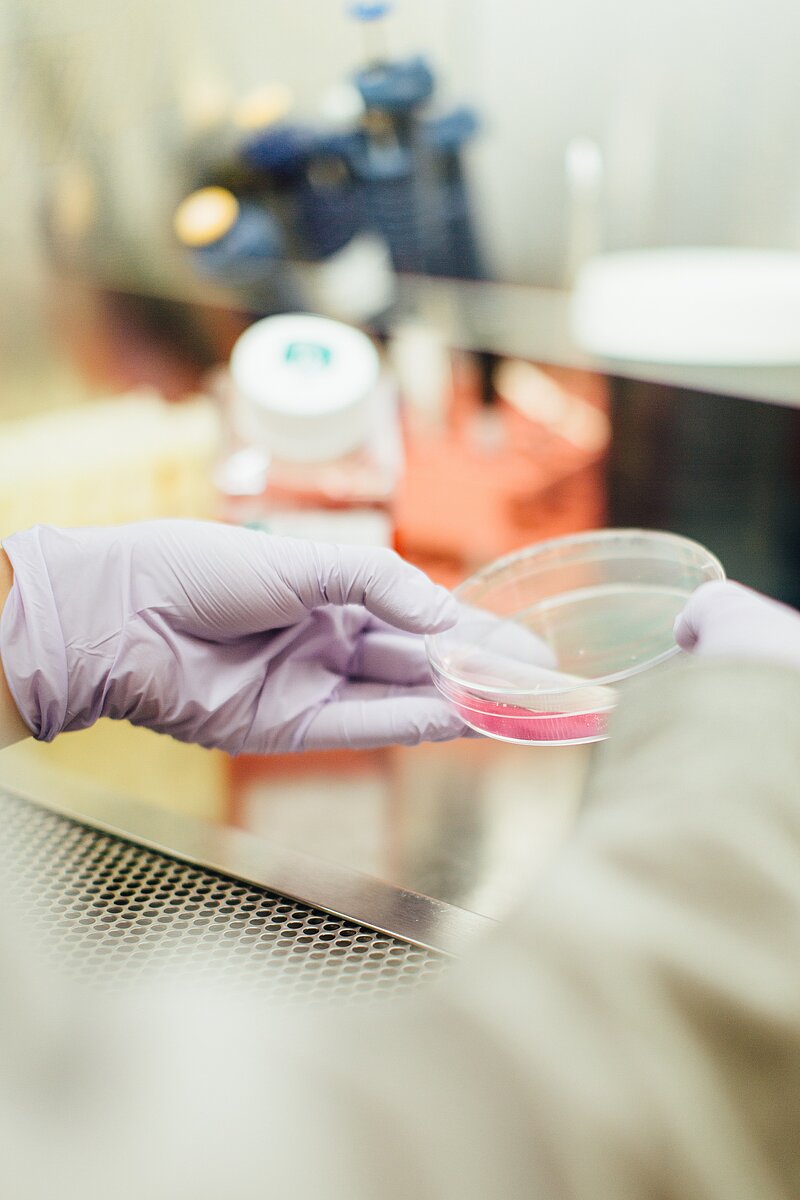The Plastic-Degrading Power of Microbes
In our world, plastic is omnipresent and its pollution of the environment is a severe problem. Researchers from the Swiss Federal Institute WSL may now have found another way to tackle the plastic problem: They have discovered microorganisms that can degrade plastic, even at low temperatures! This discovery could help lower the cost and environmental impact of the plastics recycling process. A possible game-changer for recycling!
The researchers found these microbes in the colder regions of the Alps and the Arctic. They isolated 19 strains of bacteria and 15 species of fungi and tested their ability to degrade different types of plastics. They found that PE, a form of polyethylene, could not be digested by any of the microbes. However, 19 of the strains, consisting of eleven fungi and eight bacteria, were able to digest PBAT and PLA, two biodegradable plastics. Particularly promising were two previously unknown species of fungi called Neodevriesia and Lachnellula, which were able to degrade all tested plastics except PE.
What's remarkable is the performance of these microbial strains. The experiments revealed that they effectively degraded dispersed PUR and polyester films like ecovio® and BI-OPL even at lower temperatures (15°C) than previously documented microbial strains. Among the standout performers were fungal strains 800 (Neodevriesia sp.) and 943 (Lachnellula sp.), demonstrating their potential as promising candidates for further exploration. These fungi not only successfully degraded all tested biodegradable products, but they also showcased the ability to reduce the masses of key components, namely PBAT and PLA, within the plastic films. Additionally, they efficiently hydrolyzed pure PBAT polymer, highlighting their impressive plastic-dismantling capabilities.
Moreover, the study shed light on the significant influence of culturing conditions on plastic degradation. This newfound understanding holds considerable promise for optimizing the degradation rates achieved by these microbial strains. Furthermore, it has profound implications for plastic degradation in natural environments with limited carbon and nutrient availability, especially in the oligotrophic Arctic and high-mountain soils.
The insights gained from this study are invaluable in expanding our knowledge of microbial plastic degradation. They provide a solid foundation for future investigations into the discovery of cold-active plastic-degrading enzymes. The identified microbial strains, with their exceptional plastic-degrading abilities, could serve as a vital resource in the development of efficient and sustainable solutions for plastic-waste recycling, particularly at lower temperatures. This study paves the way toward a more environmentally conscious future, where plastic pollution can be effectively mitigated through the power of microbial degradation.
These results are surprising and promising, but many questions remain. It is unclear at what temperatures the microorganisms work best and how the process can be optimized to obtain large amounts of degrading enzymes. However, the discovery shows that there may be hope for solving the plastics problem. Research in this area is far from complete, but it is an important step in the right direction. Now, the research focuses on finding the best-performing strain.


